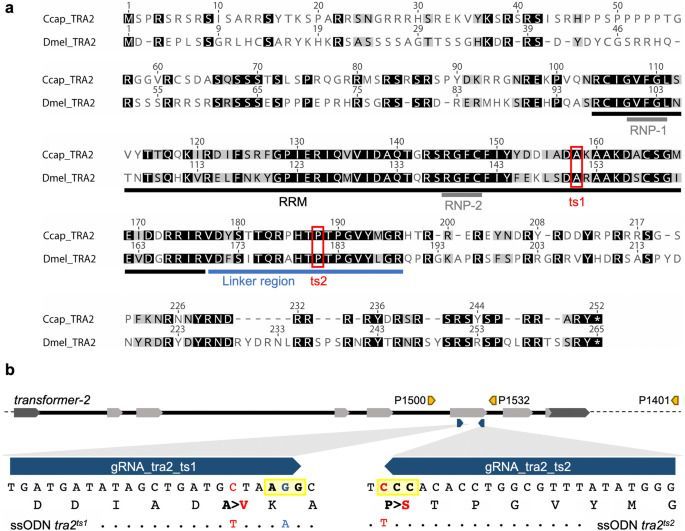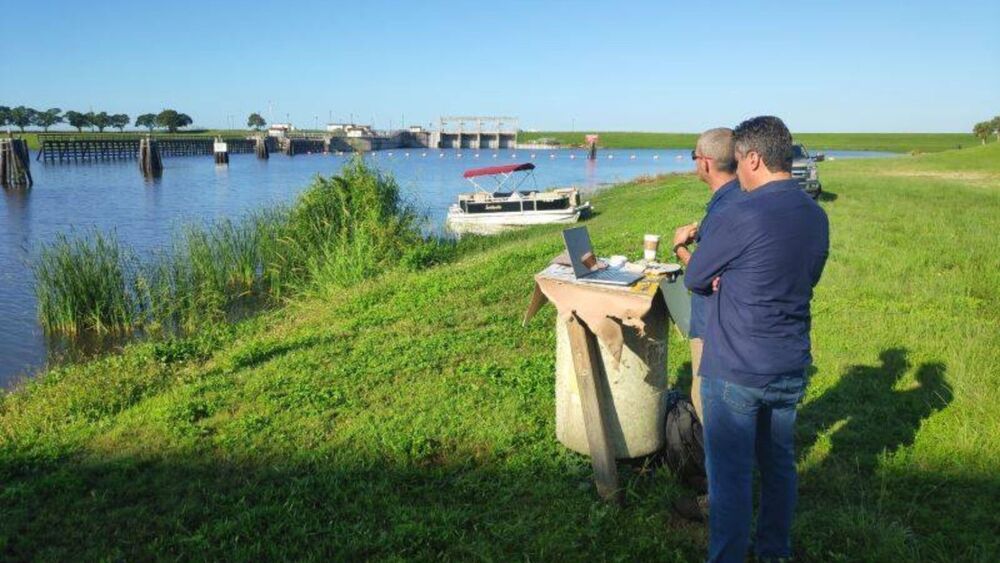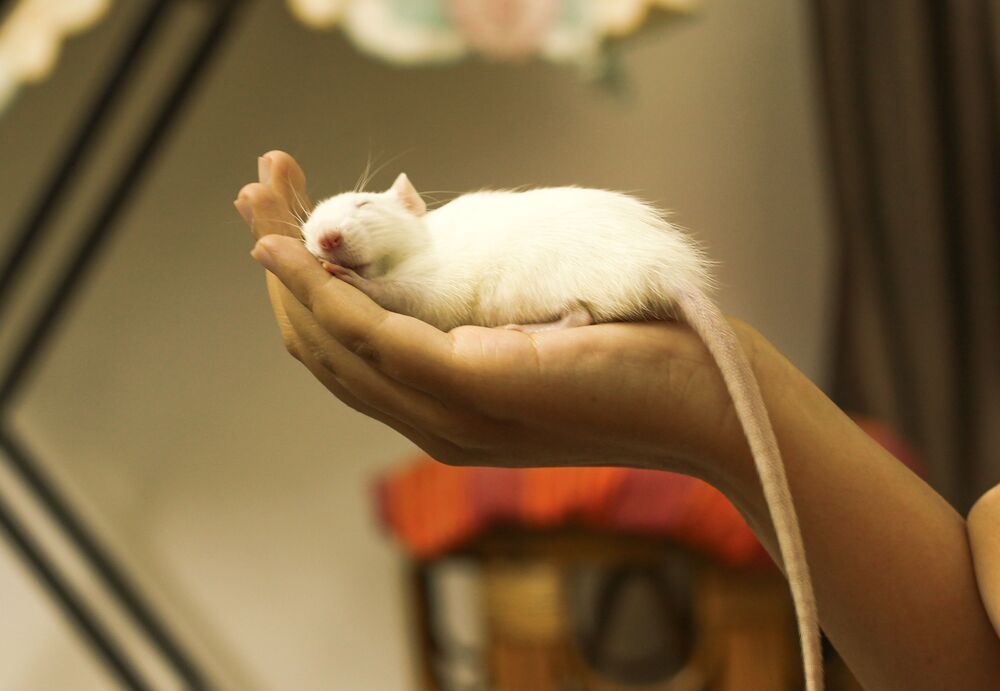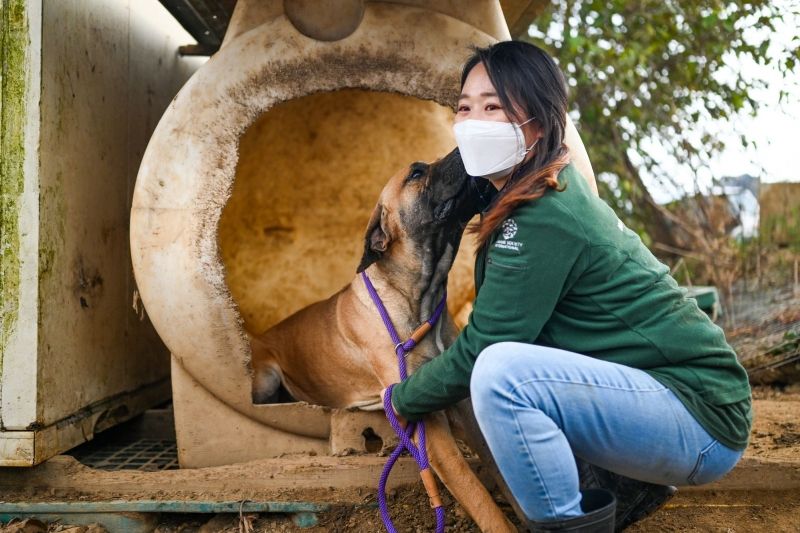Ira Pastor, ideaXme life sciences ambassador and CEO of Bioquark, interviews Philip Lymbery, award winning author of books Farmageddon and Dead Zone and CEO of Compassion in World Farming.
Ira Pastor Comments:
Compassion in World Farming (CIWF)is a campaigning and lobbying animal welfare organization which campaigns against the live export of animals, certain methods of livestock slaughter, and all systems of factory farming.
Philip Lymbery, founder of Compassion in World Farming:
Philip Lymbery is the CEO of CIWF, as well as visiting professor at the University of Winchester, ornithologist, photographer, naturalist, self-confessed animal advocate, and award winning author of both Farmageddon: The True Cost of Cheap Meat (listed as one of The Times Writers Books of the Year) as well as Dead Zone: Where the Wild Things Were.
Protecting Animals is about Protecting People and the Planet:





